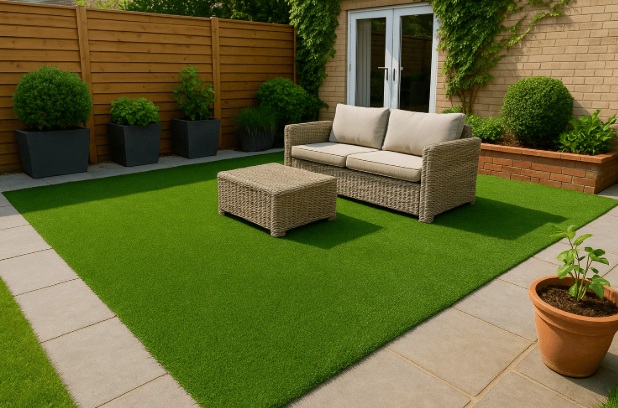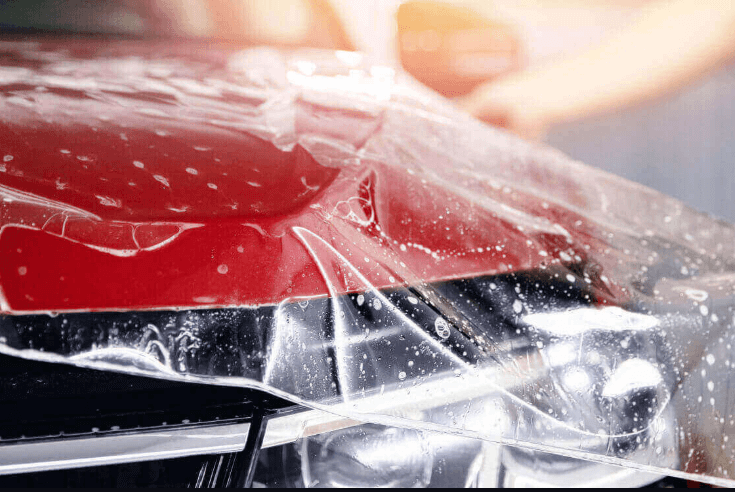Blocked drains are one of the most inconvenient and frustrating plumbing issues homeowners can face. They can disrupt daily routines, create unpleasant odors, and, if left untreated, lead to water damage or even structural issues in your home. Whether it’s a slow-draining sink, a gurgling toilet, or a foul smell coming from your shower drain, these are all signs of a clog, and professional blocked drain plumbing services can help resolve the issue quickly and effectively.
This guide will walk you through the most common causes of drain blockages, signs to watch out for, how professional services address the problem, and practical steps homeowners can take to prevent future clogs.
Understanding What Causes Blocked Drains
Drains can become blocked for a variety of reasons, and the cause often depends on where in the home the blockage occurs. Each area — bathroom, kitchen, or outdoor drainage — comes with its own set of common culprits.
Hair and Soap Scum
Bathroom drains frequently get clogged with hair and soap residue. Over time, hair binds with sticky soap scum to create dense, stubborn clogs that slow down water flow.
Grease and Food Debris
In kitchens, grease and food scraps are leading causes of blockages. Grease solidifies as it cools, sticking to the inside of pipes and capturing food particles, which gradually form a hard mass.
See also: Why the Best Routers in Kenya Are Essential for Smart Homes and Modern Living
Foreign Objects
Toilets are often blocked by objects that shouldn’t be flushed — such as sanitary products, baby wipes, cotton swabs, or even excessive toilet paper. These items don’t break down easily and can obstruct pipes.
Tree Roots
Outdoor drainage systems are vulnerable to tree root intrusion. Roots seek moisture and can grow into pipe joints or cracks, eventually filling the pipe and stopping water flow altogether.
When dealing with persistent plumbing issues, it’s crucial to have a reliable professional on hand. Homeowners often face the challenge of locating skilled experts who can address their specific needs efficiently. If you’re experiencing frequent blockages or suspect a more complex problem, it might be time to seek professional assistance. To ensure your plumbing system is in top condition, consider reaching out to local experts. You can easily find plumbers in the Portland area who are equipped to handle a variety of plumbing concerns, from minor repairs to major installations. By choosing experienced professionals, you can maintain the integrity of your home’s plumbing and avoid future complications
Mineral Buildup
In regions with hard water, mineral deposits from calcium and magnesium can build up inside pipes, reducing the diameter and increasing the risk of blockage.
Signs That You May Need Blocked Drain Plumbing Services
Some drain issues start small but quickly escalate. Here are key indicators that professional help may be necessary:
Slow Draining Water
One of the first signs of a developing blockage is water that drains more slowly than usual. This could be in the sink, shower, bathtub, or toilet.
Foul Odors
Unpleasant smells coming from your drains often indicate decaying organic matter caught in the pipes. If regular cleaning doesn’t resolve it, there may be a deeper blockage.
Gurgling Sounds
Strange gurgling noises when you use the sink or flush the toilet suggest air is trapped in the pipes — often a sign of a partial blockage.
Water Backups
When water backs up in one fixture while using another — for example, water rising in the shower when you flush the toilet — it usually means there’s a blockage in the main drainage line.
Multiple Clogged Fixtures
If several fixtures are blocked at once (e.g., bathroom sink, shower, and toilet), it’s a strong indicator of a more serious issue deeper in the plumbing system.
How Blocked Drain Plumbing Services Work?
Professional plumbers bring both experience and specialized tools to address blocked drains. Here’s how they typically diagnose and fix the issue.
Initial Assessment
Plumbers begin with a visual inspection and often ask about the symptoms and how long they’ve been occurring. This helps determine whether the problem is localized or more widespread.
Drain Camera Inspection
For severe or recurring blockages, plumbers may use a small CCTV camera to inspect the inside of the pipe. This allows them to pinpoint the location, nature, and severity of the clog or pipe damage.
Mechanical Clearing
Minor to moderate clogs can often be cleared using mechanical tools like drain snakes (also called augers) that physically break up the obstruction and clear the way for water to flow.
Hydro Jetting
For tougher clogs — especially those caused by grease, sludge, or tree roots — high-pressure water jetting is used. This process blasts pressurized water through the pipes to remove build-up and flush out debris.
Repair or Replacement
If the blockage is due to pipe damage (like a collapsed or corroded section), the plumber may recommend repair or replacement. In some cases, trenchless repair methods are used to minimize disruption.
DIY vs. Professional Solutions
Not every blocked drain requires professional intervention, but it’s important to know your limits.
When DIY May Work
- Minor sink clogs caused by soap or food can sometimes be cleared with a plunger.
- Hair clumps near drain openings can be removed using a wire hook or drain-cleaning tool.
- Baking soda and vinegar can help with mild buildup and odors.
However, these methods are usually only effective for shallow, early-stage blockages.
When to Call a Professional
- Recurring clogs that keep coming back even after clearing.
- Water backing up in sinks, toilets, or tubs.
- Multiple blocked fixtures at once.
- Sewage smells or visible waste — indicating a mainline issue.
- Strange noises from drains or pipes.
Professionals can diagnose and resolve the root problem, preventing damage to your plumbing system and property.
Preventing Future Drain Blockages
Routine maintenance and good habits can go a long way toward preventing clogged drains. Here are some practical prevention tips:
Install Drain Screens
Use mesh drain catchers in showers, bathtubs, and sinks to catch hair, food particles, and debris before they enter the pipes.
Dispose of Waste Properly
Don’t pour grease, coffee grounds, or food scraps down the sink. Instead, scrape plates into the trash and dispose of grease in sealed containers.
Avoid Flushing Problem Items
Only flush waste and toilet paper. Avoid flushing anything labeled “flushable” unless it’s septic-safe and truly dissolves — many wipes do not break down easily.
Run Hot Water Regularly
Once a week, run hot water down the drain to help melt away grease and soap scum that may be starting to build up inside your pipes.
Use Natural Cleaners Occasionally
A monthly mix of baking soda followed by vinegar and hot water can help clean your drains naturally, breaking down mild buildup and keeping odors at bay.
Schedule Professional Maintenance
If you live in an older home or one surrounded by trees, consider having a plumber inspect your drainage system once a year to catch potential problems early.
Final Thoughts
Blocked drains are more than just a household nuisance — they can be a warning sign of deeper plumbing issues that could lead to costly repairs if left untreated. While some clogs can be managed with basic home tools and techniques, recurring or serious problems should be handled by professionals.
Knowing the common causes, spotting the early warning signs, and scheduling timely blocked drain plumbing services can help you maintain a smooth-running home and avoid unnecessary stress. With proper care and attention, you can keep your plumbing system in excellent condition for years to come.














